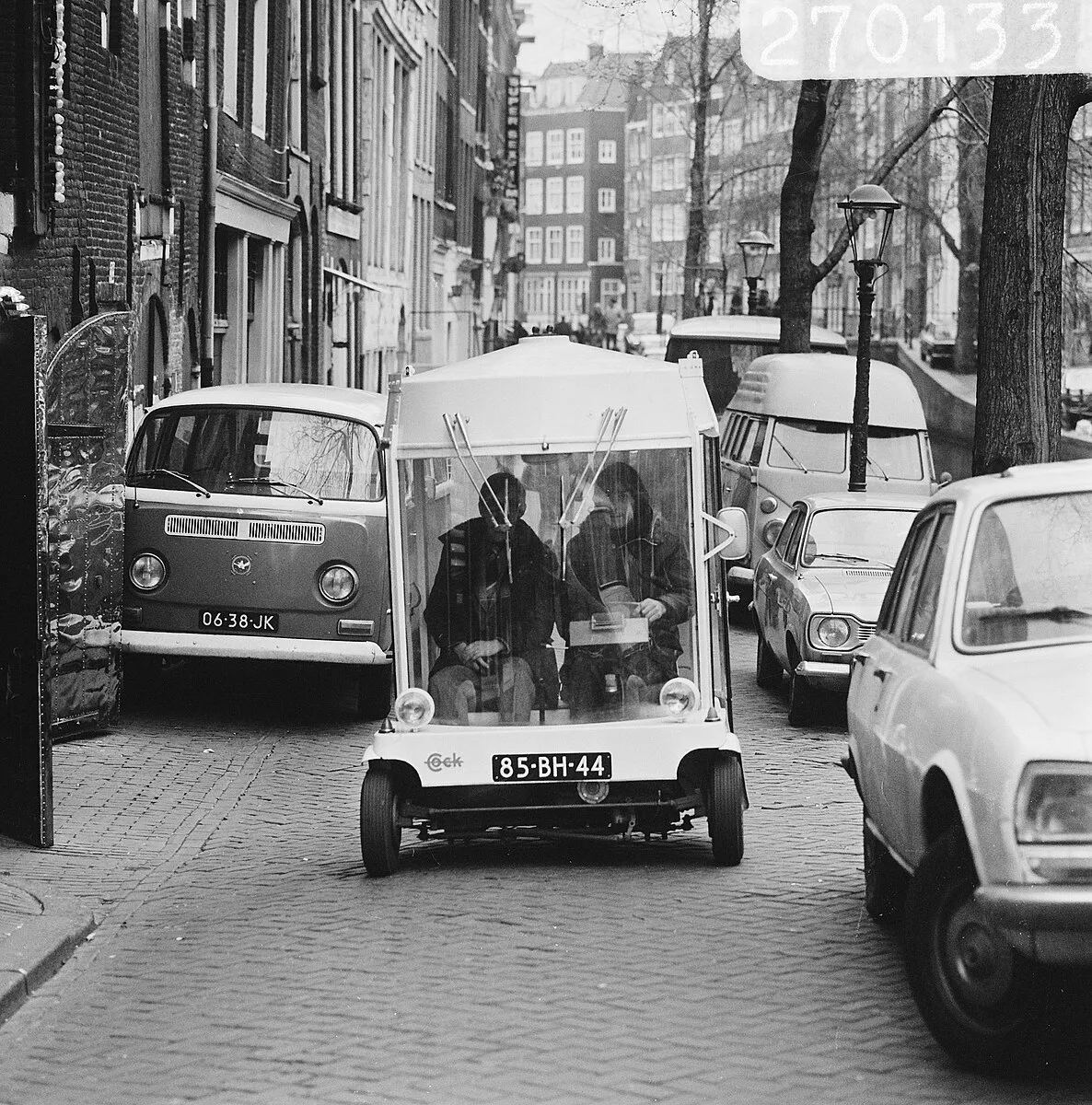Analyst comment from Frost & Sullivan indicates that the business consulting firm believes that Detroit OEMs are in trouble if Apple acquires Tesla and thinks that the rumours surrounding this potential acquisition have some fire behind them.
According to automotive and transportation team leader Paraná Tharthiharan: "Apple has an arm that researches automated driving technology and Tesla is also interested in automated driving. Hence, the speculations carry more weight than mere rumours, as if about cel
February 20, 2014
Read time: 3 mins
Analyst comment from 2097 Frost & Sullivan indicates that the business consulting firm believes that Detroit OEMs are in trouble if 493 Apple acquires Tesla and thinks that the rumours surrounding this potential acquisition have some fire behind them.
According to automotive and transportation team leader Paraná Tharthiharan: "Apple has an arm that researches automated driving technology and Tesla is also interested in automated driving. Hence, the speculations carry more weight than mere rumours, as if about celebrities or colleagues. The clear trend we expect is the emergence of a smart-phone industry-like value chain that would coexist with the traditional automotive value chain."
With Google already having demonstrated that they can create an1812 Android in the automotive space with the modified driverless 1686 Toyota Prius, Apple would need its version of an iCar in order to compete and Tesla is considered the technological equivalent of Apple in the automotive world.
Are Silicon Valley giants looking to step into the role of an integrated mobility provider, where automakers end up supplying hardware to these brands, or that of a supplier, so that a1731 BMW or a 1656 Porsche can best tap the connected-car potential? They cannot step on anyone’s toes, but these potential disruptors hold less potential to replace an OEM or a supplier, but could completely transform the ‘power’ equation in the value chain.
"The future lies in creating smart mobility concepts for Gen Y and the millennials, who do not place great weight on car ownership. They form a huge addressable market base: some of them with driving licences and some without,” said Tharthiharan. "This matters, as it defines whether these people would prefer to ever drive at all, or would hand over the driving responsibility to someone else or, in fact, something else."
Bearing in mind that mobile phone users prefer owning the latest iPhone or other smart-phone and place an emphasis on branding, if the future holds potential for cars to be available to one and all, without having to own the vehicle, Tharthiharan thinks the future is likely to be brand-driven. "Car makers need to understand this and work on their branding, rather than clinging on to their traditional approach," he says.
In a debate between brand-image and heritage, Frost & Sullivan expects brand-image to emerge as a clear winner. "We foresee a future day when consumers provide an automotive context to PC versus Mac,” said Tharthiharan.
According to automotive and transportation team leader Paraná Tharthiharan: "Apple has an arm that researches automated driving technology and Tesla is also interested in automated driving. Hence, the speculations carry more weight than mere rumours, as if about celebrities or colleagues. The clear trend we expect is the emergence of a smart-phone industry-like value chain that would coexist with the traditional automotive value chain."
With Google already having demonstrated that they can create an
Are Silicon Valley giants looking to step into the role of an integrated mobility provider, where automakers end up supplying hardware to these brands, or that of a supplier, so that a
"The future lies in creating smart mobility concepts for Gen Y and the millennials, who do not place great weight on car ownership. They form a huge addressable market base: some of them with driving licences and some without,” said Tharthiharan. "This matters, as it defines whether these people would prefer to ever drive at all, or would hand over the driving responsibility to someone else or, in fact, something else."
Bearing in mind that mobile phone users prefer owning the latest iPhone or other smart-phone and place an emphasis on branding, if the future holds potential for cars to be available to one and all, without having to own the vehicle, Tharthiharan thinks the future is likely to be brand-driven. "Car makers need to understand this and work on their branding, rather than clinging on to their traditional approach," he says.
In a debate between brand-image and heritage, Frost & Sullivan expects brand-image to emerge as a clear winner. "We foresee a future day when consumers provide an automotive context to PC versus Mac,” said Tharthiharan.










